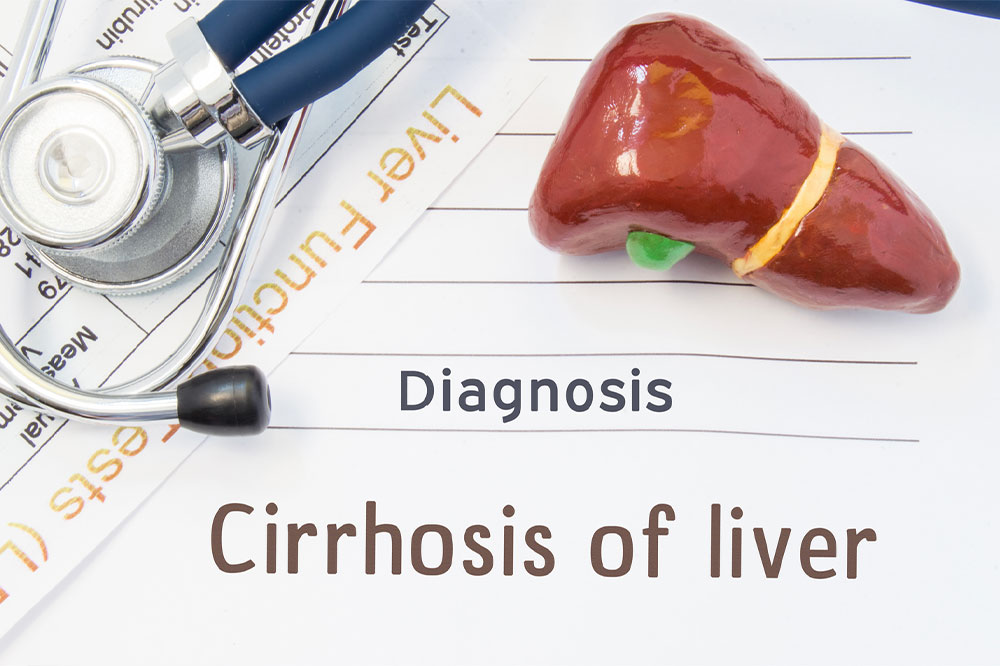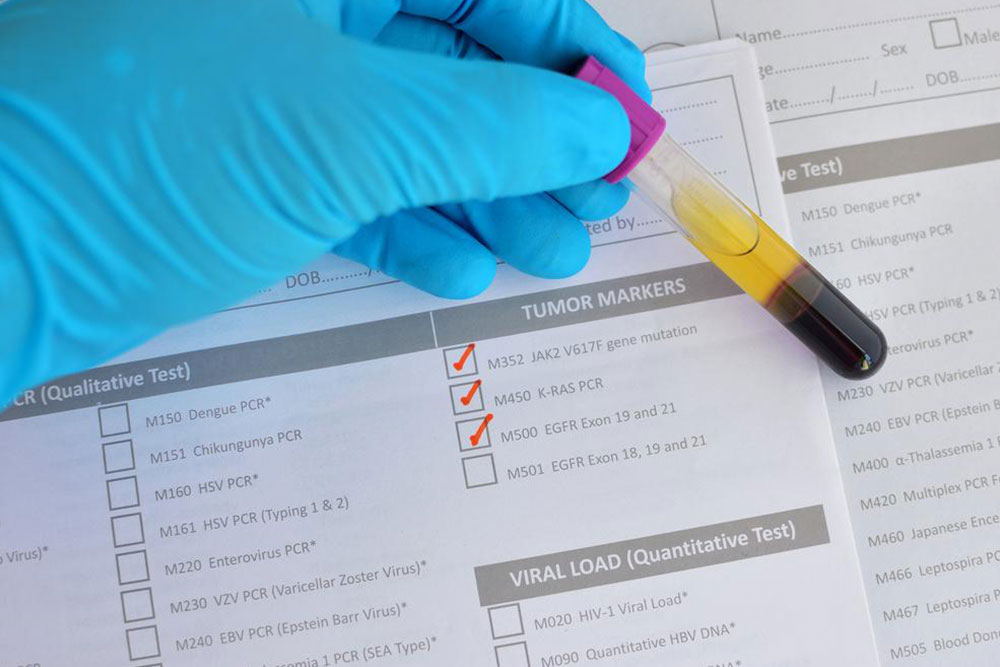A Comprehensive Guide to Elevated Liver Enzymes: Causes, Symptoms, and Treatment Strategies
Elevated liver enzymes indicate possible liver stress or damage due to various causes like fatty liver, hepatitis, toxins, or autoimmune conditions. Early detection through routine tests, recognizing symptoms, and targeted treatments are essential for preventing serious liver diseases. This comprehensive guide discusses causes, symptoms, management strategies, and preventive tips to maintain healthy liver function and overall health.

A Comprehensive Guide to Elevated Liver Enzymes: Causes, Symptoms, and Treatment Strategies
The liver plays an essential role in maintaining overall health by filtering toxins from the blood, aiding digestion, and supporting metabolic processes. It produces vital enzymes that help in various chemical reactions within the body. When liver enzyme levels are found to be elevated through routine testing, it often indicates underlying liver stress, inflammation, or damage that requires prompt medical attention. Recognizing the signs, understanding the causes, and exploring effective treatment options are crucial steps toward maintaining healthy liver function and preventing serious complications.
Understanding Liver Enzymes and Their Significance
Key enzymes such as alanine transaminase (ALT) and aspartate transaminase (AST) serve as biomarkers for liver health. Elevated levels of these enzymes can signal liver cell injury or inflammation. Routine liver function tests (LFTs) are indispensable for monitoring liver health, especially for individuals at risk due to lifestyle, medical history, or environmental exposures. Detecting abnormal enzyme levels early allows for timely intervention, reducing the risk of progression to more severe liver conditions like fibrosis, cirrhosis, or liver failure.
Common Causes of Elevated Liver Enzymes
Numerous conditions and factors can lead to increased liver enzyme levels. Understanding these causes can aid in early diagnosis and targeted treatment. Some of the most prevalent reasons include:
Fatty Liver Disease (Hepatic Steatosis): This condition affects about 20-25% of adults worldwide. It’s characterized by the accumulation of fat in liver cells, often linked to obesity, metabolic syndrome, and type 2 diabetes. Inflammation caused by fatty deposits can damage liver tissues, leading to elevated ALT and AST levels. If left untreated, fatty liver can progress to non-alcoholic steatohepatitis (NASH), fibrosis, or cirrhosis.
Viral Hepatitis: Infections such as hepatitis B and hepatitis C cause liver inflammation, which results in elevated liver enzymes. These viral infections are significant global health concerns and can lead to chronic liver disease or liver failure if not properly managed.
Toxic Hepatitis: Exposure to harmful chemicals, industrial toxins, pesticides, or certain medications (like acetaminophen, certain antibiotics, or statins) can induce liver inflammation or damage. Recognizing and avoiding these toxins are crucial in preventing enzyme elevation due to toxicity.
Autoimmune Hepatitis: This rare condition occurs when the immune system mistakenly attacks liver cells, causing inflammation, tissue damage, and enzyme elevation. It requires medical management with immunosuppressants and careful monitoring.
Metabolic Syndrome and Related Disorders: High blood pressure, elevated blood sugar, abnormal cholesterol levels, and obesity collectively increase the risk of liver problems and contribute to elevated enzyme levels.
Symptoms Associated with Liver Dysfunction
Early detection of symptoms can prompt investigation and treatment to prevent progression. Common signs include:
Jaundice: The yellowing of the skin and eyes due to bilirubin accumulation indicates impaired liver processing. Jaundice may be accompanied by dark urine, pale stools, and intense itching.
Persistent Fatigue: Unusual and chronic tiredness that persists despite rest signals compromised liver metabolism affecting overall energy levels.
Loss of Appetite and Nausea: Reduced desire to eat, nausea, and vomiting can be signs of toxin buildup and liver dysfunction.
Abdominal Discomfort: Pain or swelling in the upper right abdomen, sometimes with fluid build-up (ascites), reflects liver inflammation, enlargement, or scarring.
Management and Treatment Options
Therapeutic approaches depend on the underlying cause of enzyme elevation. Common strategies include:
Lifestyle and Dietary Changes: Adopting a balanced diet rich in vegetables, fruits, lean proteins, and whole grains helps reduce fatty liver and metabolic syndrome. Avoiding alcohol, reducing sugar and saturated fats, and maintaining a healthy weight are key.
Medical Treatment: Specific medications may be prescribed for viral hepatitis, autoimmune hepatitis, or severe fatty liver. Managing metabolic syndrome often involves medications to control blood sugar, cholesterol, and blood pressure.
Monitoring and Regular Check-ups: Continuous assessment through liver function tests ensures treatment efficacy and early detection of any deterioration.
Preventive Measures and Lifestyle Tips
Preventing liver enzyme elevation involves managing risk factors and practicing healthy habits. Tips include:
Maintaining a healthy weight through diet and exercise
Avoiding excessive alcohol consumption
Limiting exposure to environmental toxins and chemicals
Getting vaccinated for hepatitis B and C where applicable
Regular health screenings for those at risk
In conclusion, elevated liver enzymes are a signal from your body indicating potential liver issues. Early diagnosis, lifestyle modifications, and medical intervention are vital to prevent serious complications. Regular monitoring and healthy habits will help maintain optimal liver health and overall wellness, ensuring that this vital organ continues to support your body effectively.





